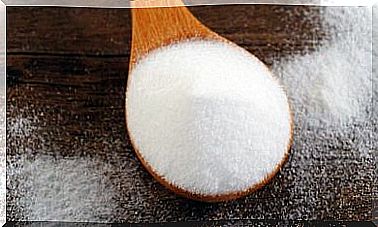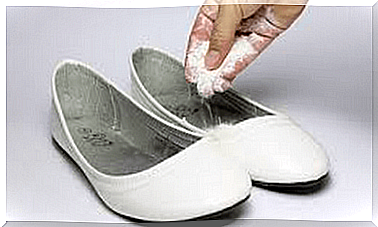Causes And Treatments For Hyperkalemia
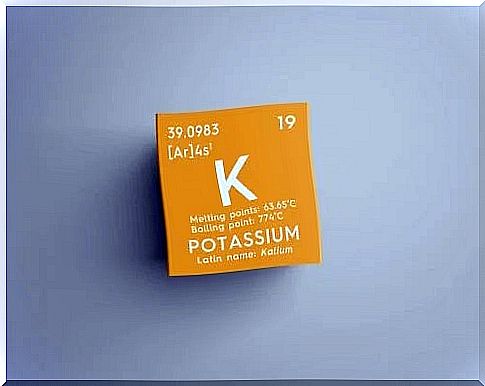
Hyperkalemia (or hyperkalemia) occurs when the level of potassium in the blood changes. Usually, this level increases. Hyperkalemia occurs when the potassium level exceeds 5.5 mmol / L. In this article, we will discuss the main causes and treatments for hyperkalemia.
What is potassium? Why do we need him?
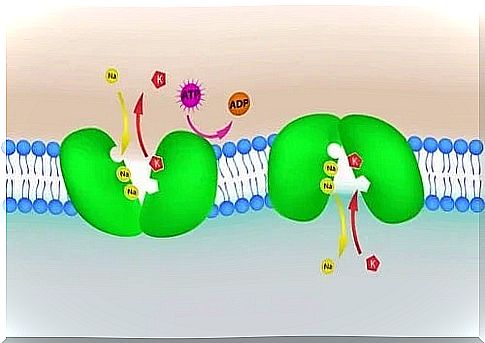
First of all, potassium is a chemical element, represented by the letter “K” in the periodic table. It is a macromineral with important functions, both muscular and nervous.
Potassium is a macromineral and an electrolyte, just like chlorine or calcium. Electrolytes help to balance the pressure and concentration of substances inside and outside the cells.
Therefore, the most important functions of potassium are:
What causes hyperkalemia?
In general, hyperkalemia occurs when the kidneys eliminate less potassium than they should. Abnormal movement of potassium out of cells can also be a common cause of this imbalance.
There are many reasons that contribute to the development of hyperkalemia. These include:
Another cause is the presence of metabolic acidosis; patients with diabetic ketoacidosis have this symptom.
Instead, pseudohyperkalemia is an artificial increase in potassium, which can also trigger hyperkalemia. The first problem is caused by excessive use of an elastic band (garou) or by clenching the fist too long when collecting blood.
Thrombocytosis can also cause pseudohyperkalemia, as potassium platelets are released during coagulation.
Symptoms of hyperkalemia
Most cases of hyperkalemia go unnoticed, which means that there are no symptoms when potassium levels change. The change can only be seen in laboratory tests.
However, if symptoms occur, they depend on the severity of the hyperkalaemia and how quickly the treatment is given. Normally, the initial symptoms are:
In addition, these symptoms are usually accompanied by insomnia, nausea, vomiting and decreased cardiac activity.
In the worst cases, the patient may suffer from cardiac arrhythmia because the heart needs potassium to contract and for its functions to be performed properly. Arrhythmia is a heartbeat disorder that affects the frequency, intensity and regularity of nerve impulses.
Diagnosis of hyperkalemia
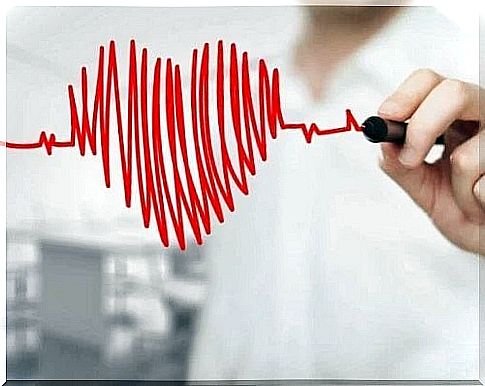
This condition can be identified by measuring the serum concentration of electrolytes. This test is performed when the patient undergoes an electrocardiogram. The results show variations.
Patients with renal impairment, advanced heart failure, urinary obstruction or those treated with angiotensin inhibitors (ACE inhibitors) have abnormal electrocardiogram results. Therefore, in order for them to be diagnosed correctly, the following tests must be performed:
- EKG
Treatments for hyperkalemia
The main treatments for hyperkalemia are to reduce the level of potassium in the blood. In addition, doctors address the main cause of hyperkalemia and recommend discontinuation of the drugs that produce it.
In cases where elevated potassium levels are moderate, the administration of certain drugs, such as potassium ion exchange resins, should contribute to lowering levels. Therefore, your doctor may also prescribe diuretics or dialysis.
If potassium levels are above 6.5 mmol / L without changes in the electrocardiogram, salbutamol or baking soda are two drugs that quickly improve the patient’s condition.
Also, when potassium levels are above 6.5 mmol / L, but there are changes in the electrocardiogram, the main purpose is to protect the heart. Taking calcium chloride can help reduce potassium (potassium levels in the blood).
Despite all the information provided above, do not hesitate to consult your doctor if you show symptoms of this disease. The specialist will recommend the best treatment.


